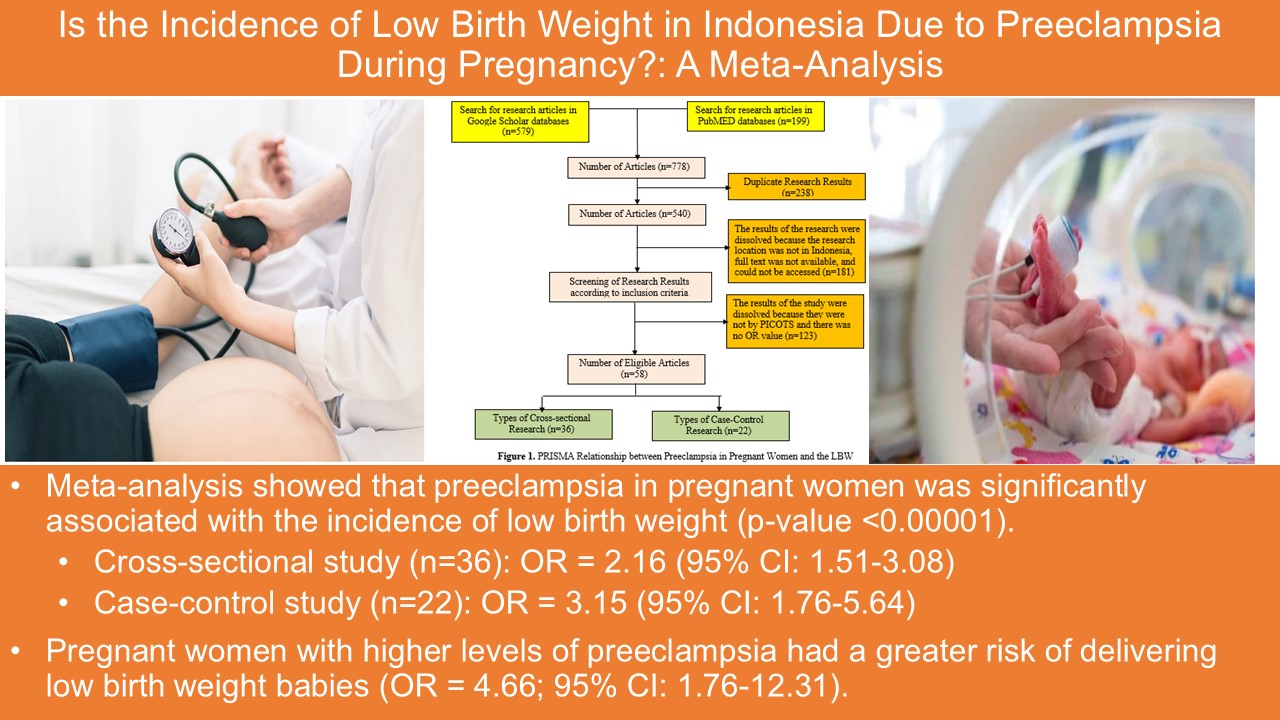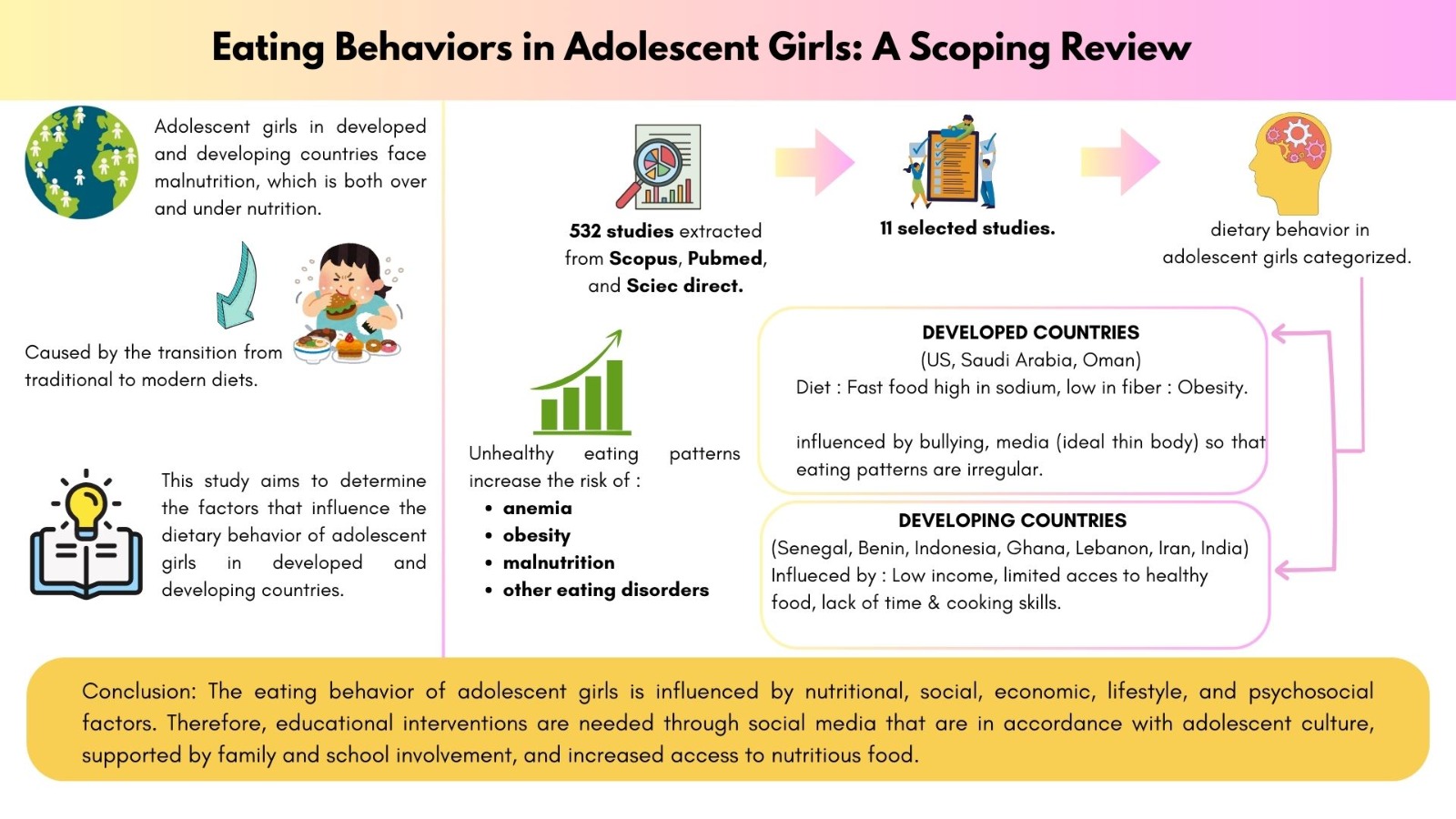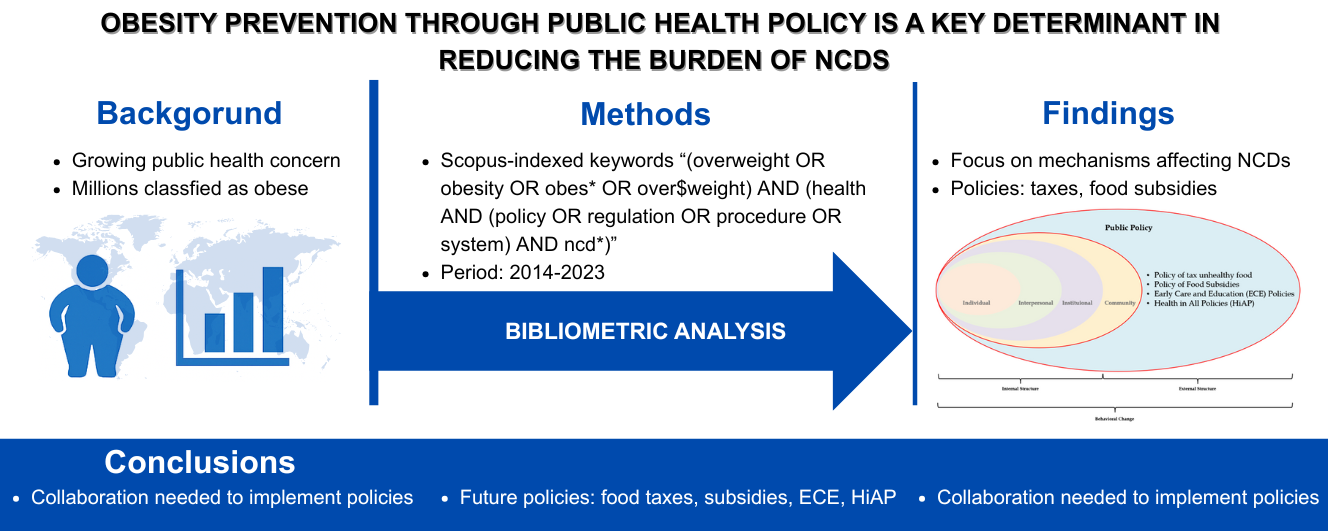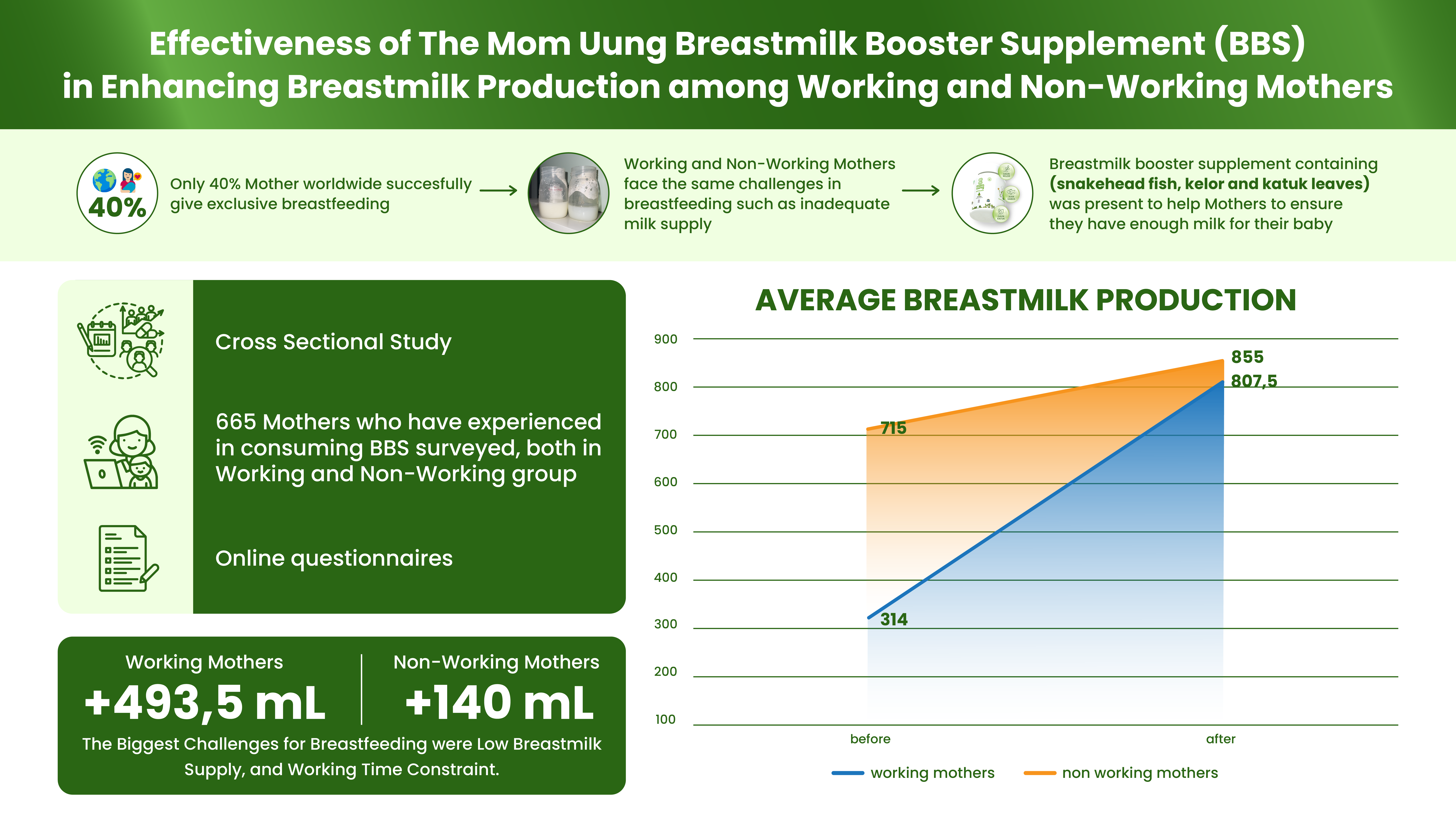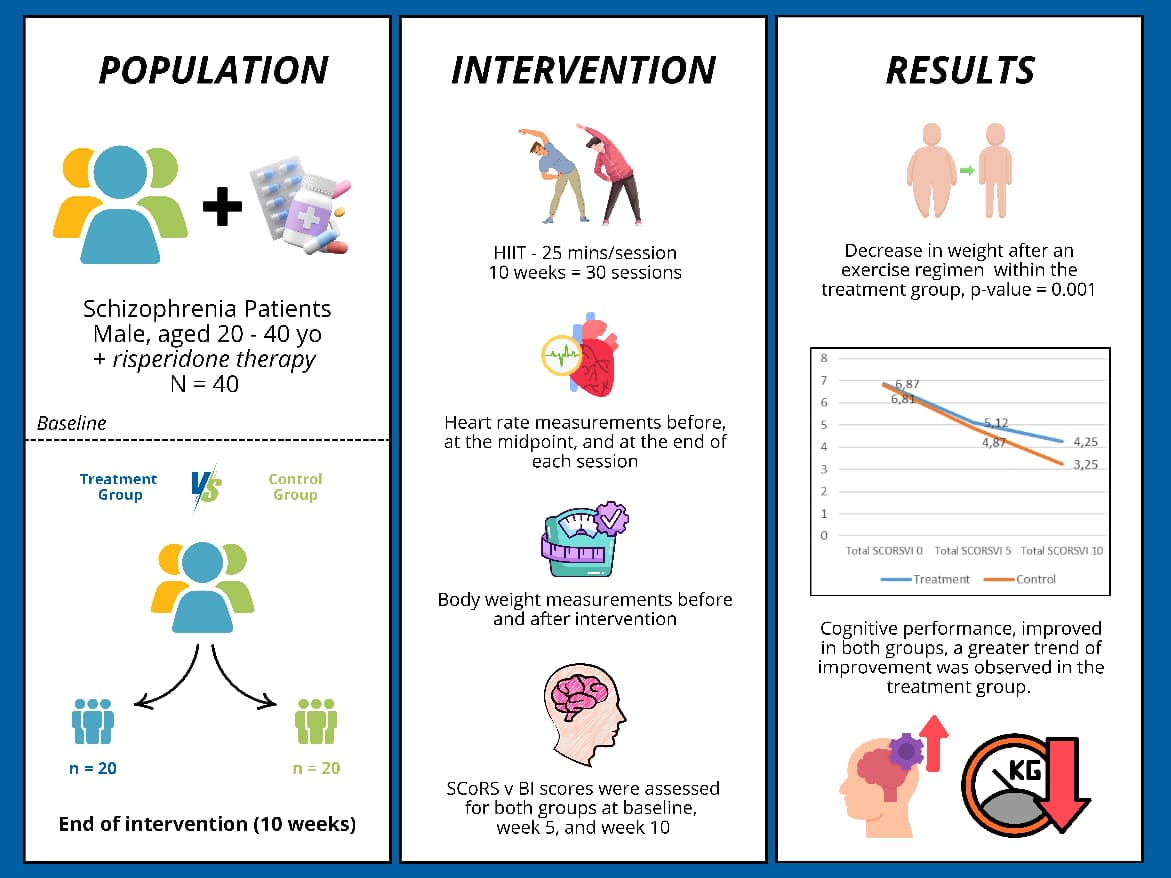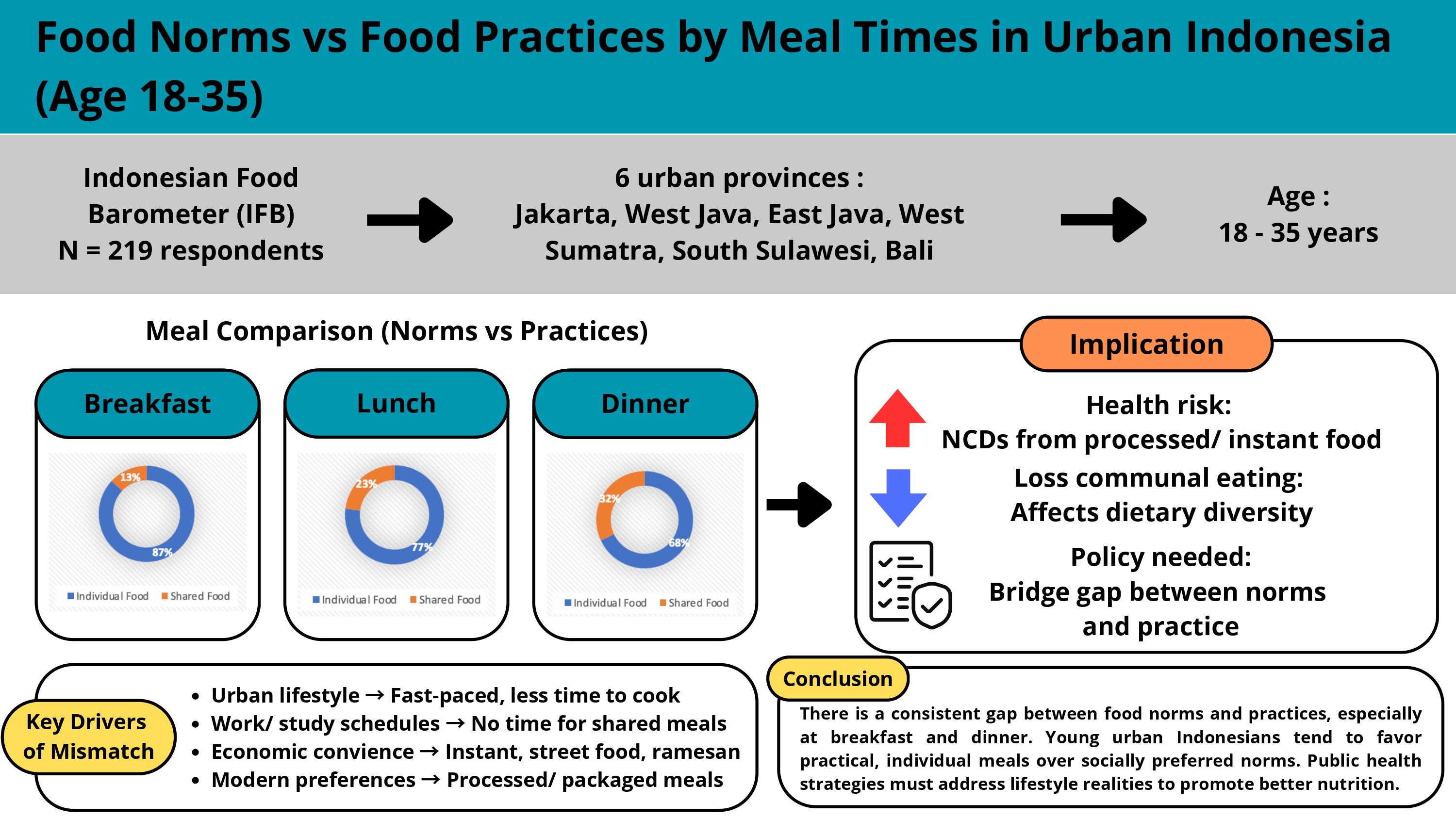EFFECT OF VEGETARIAN DIET ON NUTRITIONAL STATUS IN SCHOOL-AGE CHILDREN
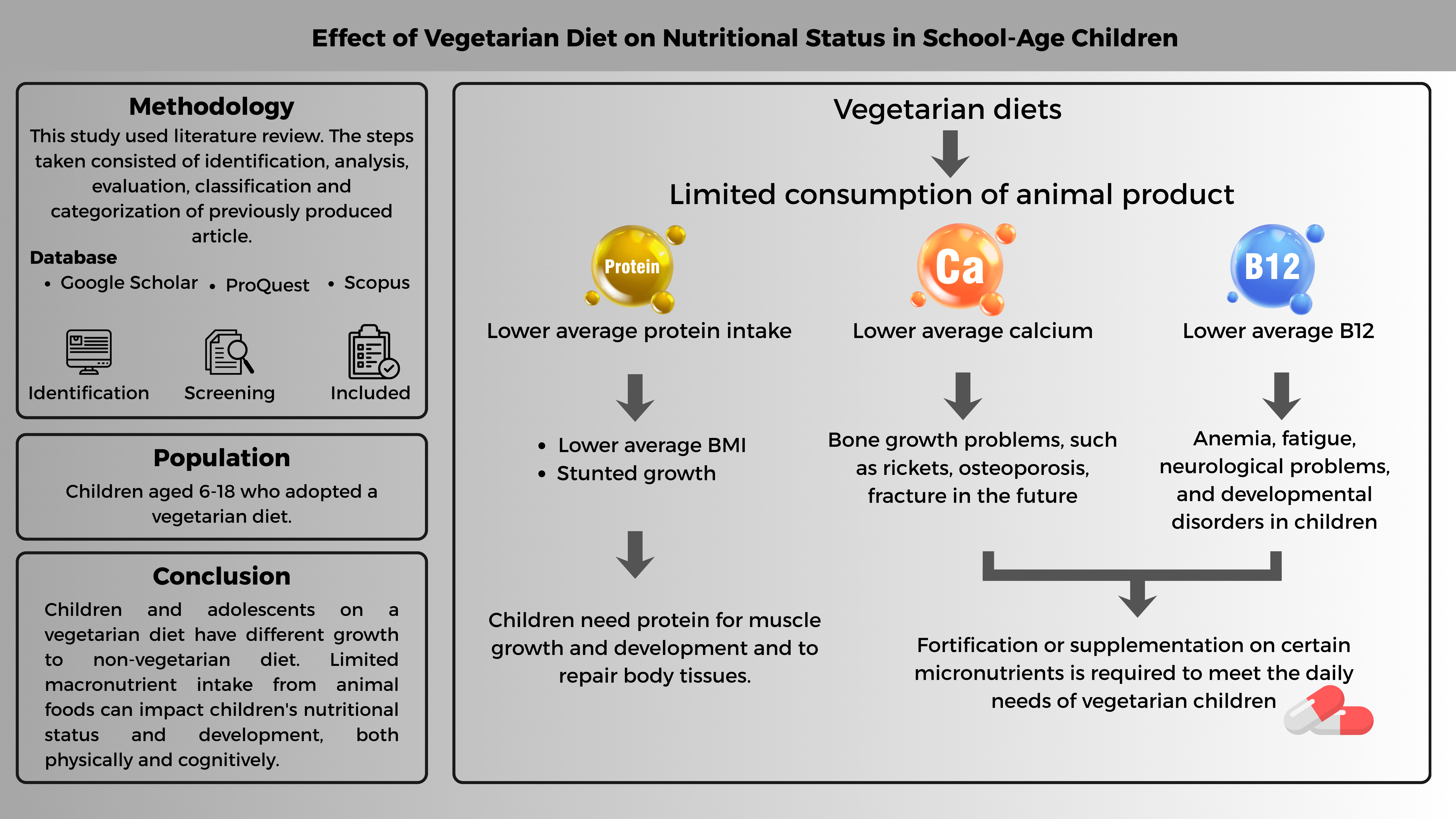
Downloads
A vegetarian diet is a pattern of food consumption that comes from plants in the form of vegetables, nuts, seeds, fruits, and does not or still consume dairy products and eggs. The implementation of a vegetarian diet in school-age children can have a positive impact on reducing the risk of certain diseases. In addition, the restriction of animal food sources causes vegetarians to be at risk of having a lower nutritional status. This literature review aims to analyze the effect of a vegetarian diet on the nutritional status of school-age children. The Preferred Reporting Items for Systematic Review and Meta-analysis (PRISMA) approach was used in this literature review study. The steps taken consisted of identification, analysis, evaluation, classification and categorization of previously produced articles. Data and information sources were obtained through electronic databases published on Google Scholar, ProQuest, and Scopus. The selection category is articles that have been published in the last 10 years (2014-2024) and 251 journals were obtained. After several elimination processes, a total of 6 articles met the criteria to be selected. It was found that there was a significant difference based on BMI (p value<0.001), weight for height z-score (p=0.006 and p=0.103), BMI for age (p<0.001), and BMI (p = 0.004 and p = 0.001) in the effect of a vegetarian diet on the nutritional status of school-age children.
Acharya, U., & Nakanishi, J. (2021). Body mass index (BMI) of vegetarian and non-vegetarian children in Nepal. Journal of Health Promotion, 9(01), 55–64. https://doi.org/10.3126/jhp.v9i01.40962
Adrizain, R., Faridah, L., Fauziah, N., Berbudi, A., Afifah, D. N., Setiabudi, D., & Setiabudiawan, B. (2024). Factors influencing stunted growth in children: A study in Bandung regency focusing on a deworming program. Parasite Epidemiology and Control, 26, e00361. https://doi.org/10.1016/J.PAREPI.2024.E00361
Agnoli, C., Baroni, L., Bertini, I., Ciappellano, S., Fabbri, A., Papa, M., Pellegrini, N., Sbarbati, R., Scarino, M. L., Siani, V., & Sieri, S. (2017). Position paper on vegetarian diets from the working group of the Italian Society of Human Nutrition. Nutrition, Metabolism and Cardiovascular Diseases, 27(12), 1037–1052. https://doi.org/10.1016/j.numecd.2017.10.020
Alexy, U., Fischer, M., Weder, S., Längler, A., Michalsen, A., Sputtek, A., & Keller, M. (2021). Nutrient Intake and Status of German Children and Adolescents Consuming Vegetarian, Vegan or Omnivore Diets: Results of the VeChi Youth Study. Nutrients, 13(5). https://doi.org/10.3390/NU13051707
Ayala, G. X., Ibarra, L., Binggeli-Vallarta, A., Moody, J., Mckenzie, T. L., Angulo, J., Hoyt, H., Chuang, E., Ganiats, T. G., Gahagan, S., Ji, M., Zive, M., Schmied, E., Arredondo, E. M., & Elder, J. P. (2015). Our choice/nuestra opción: The Imperial County, California, childhood obesity research demonstration study (CA-CORD). Childhood Obesity, 11(1), 37–47. https://doi.org/10.1089/chi.2014.0080
Ayala, G. X., Rogers, M., Arredondo, E. M., Campbell, N. R., Baquero, B., Duerksen, S. C., & Elder, J. P. (2008). Away-from-home food intake and risk for obesity: Examining the influence of context. Obesity, 16(5), 1002–1008. https://doi.org/10.1038/oby.2008.34
Baroni, L., Goggi, S., & Battino, M. (2019). Planning Well-Balanced Vegetarian Diets in Infants, Children, and Adolescents: The VegPlate Junior. Journal of the Academy of Nutrition and Dietetics, 119(7), 1067–1074. https://doi.org/10.1016/j.jand.2018.06.008
dela Luna, K. L., & Talavera, Ma. T. (2022). Influences of wealth index, family size, food security, and diet diversity status in the growth of Filipino school-age children in farming households. Journal of Human Ecology and Sustainability, 1(1), 1. https://doi.org/10.56237/jhesidf22005
Desmond, M. A., Sobiecki, J. G., Jaworski, M., Płudowski, P., Antoniewicz, J., Shirley, M. K., Eaton, S., Ksiązyk, J., Cortina-Borja, M., De Stavola, B., Fewtrell, M., & Wells, J. C. K. (2021). Growth, body composition, and cardiovascular and nutritional risk of 5-to 10-y-old children consuming vegetarian, vegan, or omnivore diets. American Journal of Clinical Nutrition, 113(6), 1565–1577. https://doi.org/10.1093/ajcn/nqaa445
Elliott, L. J., Keown-Stoneman, C. D. G., Birken, C. S., Jenkins, D. J. A., Borkhoff, C. M., & Maguire, J. L. (2022). Vegetarian Diet, Growth, and Nutrition in Early Childhood: A Longitudinal Cohort Study. Pediatrics, 149(6). https://doi.org/10.1542/peds.2021-052598
Gan, W. Y., Boo, S., Seik, M. Y., & Khoo, H. E. (2018). Comparing the nutritional status of vegetarians and non-vegetarians from a Buddhist Organisation in Kuala Lumpur, Malaysia. Malaysian Journal of Nutrition, 24(1), 89–101.
Gibbs, J., & Cappuccio, F. P. (2024). Common Nutritional Shortcomings in Vegetarians and Vegans. Dietetics, 3(2), 114–128. https://doi.org/10.3390/dietetics3020010
Hargreaves, S. M., Raposo, A., Saraiva, A., & Zandonadi, R. P. (2021). Vejetaryen beslenme: yaşam kalitesi alanları perspektifinden bir bakış. Uluslararası Dergisi, 18, 4067.
Hooshmand, S. (2014). Anthropometric Measurements Determinant Nutritional Status of Urban Primary School Children in Selected Areas of Iran and India: A Comparative Study. International Journal of Nutrition and Food Sciences, 3(5), 455. https://doi.org/10.11648/j.ijnfs.20140305.24
Kiely, M. E. (2021). Risks and benefits of vegan and vegetarian diets in children. Proceedings of the Nutrition Society, 80(2), 159–164. https://doi.org/10.1017/S002966512100001X
Magnazi, M. B., Gesser-Edelsburg, A., Itzhaky, Y., Endevelt, R., & Fliss Isakov, N. (2023). Children in the Anthroposophical Education System Have Lower Rates of Obesity, and Higher Rates of Health Promoting Behaviors. Nutrients, 15(14). https://doi.org/10.3390/nu15143088
Melina, V., Craig, W., & Levin, S. (2016). Position of the Academy of Nutrition and Dietetics: Vegetarian Diets. Journal of the Academy of Nutrition and Dietetics, 116(12), 1970–1980. https://doi.org/10.1016/j.jand.2016.09.025
Niklewicz, A., Smith, A. D., Smith, A., Holzer, A., Klein, A., McCaddon, A., Molloy, A. M., Wolffenbuttel, B. H. R., Nexo, E., McNulty, H., Refsum, H., Gueant, J. L., Dib, M. J., Ward, M., Murphy, M., Green, R., Ahmadi, K. R., Hannibal, L., Warren, M. J., & Owen, P. J. (2022). The importance of vitamin B12 for individuals choosing plant-based diets. European Journal of Nutrition, 62(3), 1551. https://doi.org/10.1007/S00394-022-03025-4
Owino, V. O., Murphy-Alford, A. J., Kerac, M., Bahwere, P., Friis, H., Berkley, J. A., & Jackson, A. A. (2019). Measuring growth and medium- and longer-term outcomes in malnourished children. Maternal and Child Nutrition, 15(3). https://doi.org/10.1111/MCN.12790
Pimentel C, Philippi S, Simomura V, & Teodorov E. (2019). Nutritional Status, Lifestyle and Lipid Profile in Vegetarians. International Journal of Cardiovascular Sciences [revista en Internet] 2019 [acceso 22 de julio de 2021]; 32(6): 623-634. 32(6), 623–634. https://www.scielo.br/j/ijcs/a/bbGgckCXD9B3y4yzfW8MsCs/?lang=en&format=pdf
Rudloff, S., Bührer, C., Jochum, F., Kauth, T., Kersting, M., Körner, A., Koletzko, B., Mihatsch, W., Prell, C., Reinehr, T., Zimmer, K. P., Bührer, C., Jochum, F., Kauth, T., Körner, A., Koletzko, B., Mihatsch, W., Prell, C., Reinehr, T., & Zimmer, K. P. (2018). Vegetarian diets in childhood and adolescence: Statement of the Nutrition Committee of the German Society for Pediatric and Adolescent Medicine (DGKJ). Monatsschrift Fur Kinderheilkunde, 166(11), 999–1005. https://doi.org/10.1007/s00112-018-0547-6
Sehgal, S., Shankar, R., Singh, J. V., Alvi, T., & Jain, S. (2017). An Epidemiological Cross-Sectional Comparative Study of Nutritional Status between Government and Private Primary School Children of Meerut City, Uttar Pradesh. Natl J Community Med, 8(8), 477–481. www.njcmindia.org
Simeone, G., Bergamini, M., Verga, M. C., Cuomo, B., D’Antonio, G., Iacono, I. Dello, Mauro, D. Di, Mauro, F. Di, Mauro, G. Di, Leonardi, L., Miniello, V. L., Palma, F., Scotese, I., Tezza, G., Vania, A., & Caroli, M. (2022). Do Vegetarian Diets Provide Adequate Nutrient Intake during Complementary Feeding? A Systematic Review. Nutrients, 14(17), 1–23. https://doi.org/10.3390/nu14173591
Tong, T. Y. N., Appleby, P. N., Armstrong, M. E. G., Fensom, G. K., Knuppel, A., Papier, K., Perez-Cornago, A., Travis, R. C., & Key, T. J. (2020). Vegetarian and vegan diets and risks of total and site-specific fractures: results from the prospective EPIC-Oxford study. SpringerTYN Tong, PN Appleby, MEG Armstrong, GK Fensom, A Knuppel, K PapierBMC Medicine, 2020•Springer, 18(1). https://doi.org/10.1186/s12916-020-01815-3
Hooshmand, S. (2014). Anthropometric Measurements Determinant Nutritional Status of Urban Primary School Children in Selected Areas of Iran and India: A Comparative Study. International Journal of Nutrition and Food Sciences, 3(5), 455. https://doi.org/10.11648/j.ijnfs.20140305.24
Magnazi, M. B., Gesser-Edelsburg, A., Itzhaky, Y., Endevelt, R., & Fliss Isakov, N. (2023). Children in the Anthroposophical Education System Have Lower Rates of Obesity, and Higher Rates of Health Promoting Behaviors. Nutrients, 15(14). https://doi.org/10.3390/nu15143088
Melina, V., Craig, W., & Levin, S. (2016). Position of the Academy of Nutrition and Dietetics: Vegetarian Diets. Journal of the Academy of Nutrition and Dietetics, 116(12), 1970–1980. https://doi.org/10.1016/j.jand.2016.09.025
Tucker, K. L. (2014). Vegetarian diets and bone status. American Journal of Clinical Nutrition, 100(SUPPL. 1), 329–335. https://doi.org/10.3945/ajcn.113.071621
Varte LR, R. S. S. I. C. S. S. S. S. S. (2016). Nutritional Status Based on Z-Scores of Boys With Two Dietary Habits in a Sainik School. Online Journal of Health and Allied Sciences, 15(3). https://www.ojhas.org/issue59/2016-3-1.html
Wang, T., Masedunskas, A., Willett, W. C., & Fontana, L. (2023). Vegetarian and vegan diets: benefits and drawbacks. European Heart Journal, 44(36), 3423–3439. https://doi.org/10.1093/eurheartj/ehad436

This work is licensed under a Creative Commons Attribution-NonCommercial-ShareAlike 4.0 International License.
- MEDIA GIZI INDONESIA Journal is the copyright owner of all materials published on this website.
- The formal legal provisions for access to digital articles of this electronic journal are subject to the terms of the Creative Commons Attribution-NonCommercial-ShareAlike license (CC BY-NC-SA 4.0), which means that MEDIA GIZI INDONESIA Journal and readers reserve the right to save, transmit media / format, manage in database, maintain, and publish articles as long as it continues to include the name of the Author.
- Printed and published print and electronic manuscripts are open access for educational, research and library purposes. In addition to these objectives, the editorial board shall not be liable for violations of copyright law.


2.png)















